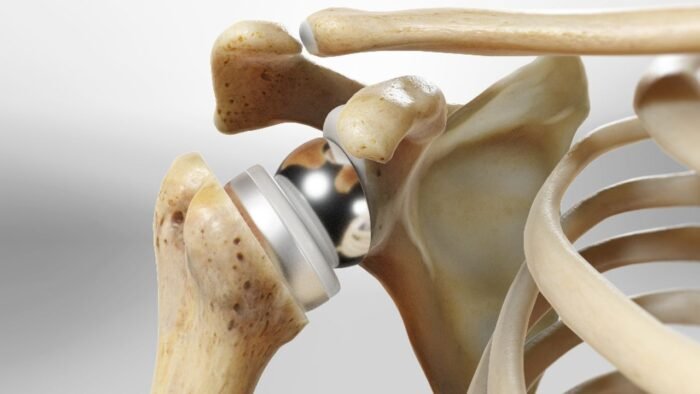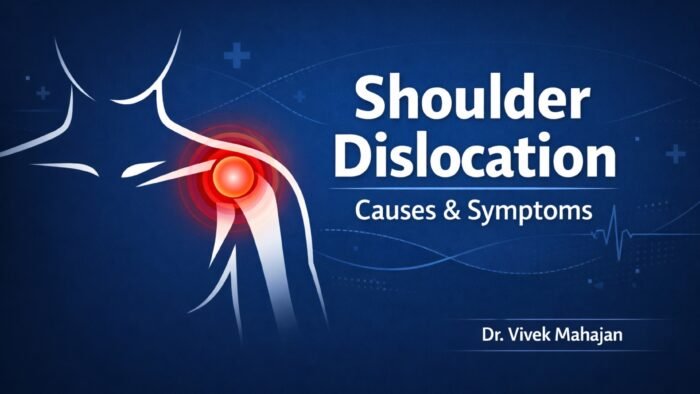For people with severe shoulder pain, limited mobility, or injuries, shoulder joint surgery may be an essential solution. It’s critical to comprehend the procedure, recovery period, and results whether you’re thinking about surgery to treat a catastrophic accident or a chronic condition like arthritis. This comprehensive manual contains all the information you need regarding shoulder joint surgery.
Understanding Shoulder Anatomy
The shoulder is one of the most complicated joints inside the body, making an allowance for a huge variety of motion. It comprises three bones:
- Humerus (upper arm bone)
- Scapula (shoulder blade)
- Clavicle (collarbone)
Due to the network of tendons, ligaments, and muscles that link these bones, it is extremely prone to degenerative diseases and traumas.
Common Reasons for Shoulder Joint Surgery
- Rotator cuff Tears: Damage to the tendons is around the shoulder.
- Arthritis: Rheumatoid arthritis or severe osteoarthritis that produces stiffness and pain.
- Broken bones that need to be fixed surgically are called fractures.
- Dislocations: Repeated shoulder dislocations for which there is no improvement with conservative care.
- Frozen Shoulder: Adhesive capsulitis is so severe that other therapies are not helping.
Types of Shoulder Joint Surgery
1) Arthroscopic Surgery:
- Procedure: During minimally invasive surgery, a tiny camera (arthroscope) is introduced through small incisions.
- Inflammation, bone spurs, rotator cuff tears, and labral tears are among the conditions treated.
2) Shoulder Replacement Surgery:
Types of Shoulder Replacement Surgery
- Total Shoulder Replacement: Using a prosthetic to replace the entire joint.
- Shoulder replacement in part: just the damaged sections are replaced.
- Reverse shoulder replacement: Mainly performed when there is a significant rotator cuff injury.
Conditions Treated: Severe arthritis, extensive rotator cuff damage.
3) Open Surgery:
- Procedure: More extensive incisions during traditional surgery.
- Conditions treated: substantial tissue repairs and complex fractures.
Risks and Complications:
As with any surgery, shoulder joint surgery carries some risks:
- Infection
- Bleeding
- Blood clots
- Nerve or blood vessel damage
- Prosthetic complications (in the case of replacements)
Conclusion
With shoulder joint surgery, patients with serious shoulder difficulties can greatly enhance their quality of life. Patients can succeed if they are aware of the various surgical procedures, prepare well, and adhere to a planned course of recuperation. Dr. Vivek Mahajan, your orthopedic surgeon, should always be consulted to identify the best course of action for your particular situation. You will receive individualized care that is most suited to your needs because to Dr. Vivek Mahajan’s skill and approachable style.


